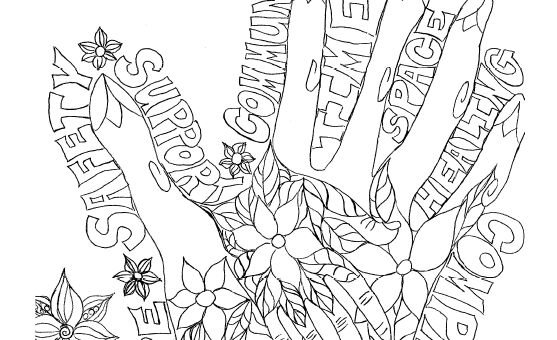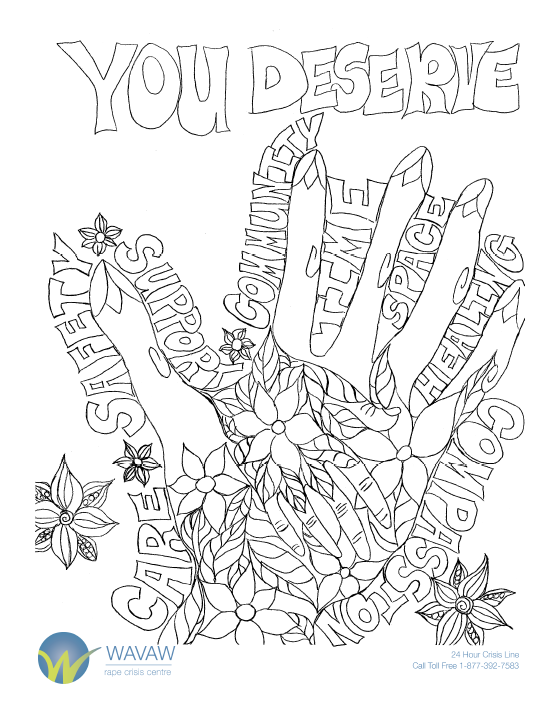
From #metoo to #iwill – What does real solidarity look like?
Post by Zoë B, WAVAW Volunteer
Over the past week, many survivors have found the #metoo campaign, originally started in 2007 by black activist Tarana Burke, to be useful in their healing process. Countless survivors have used the hashtag #metoo online as a way to bring up conversations about sexualized violence, find validation and solidarity, and encourage other survivors to access supports.
We at WAVAW believe that all survivors respond to sexual violence differently, and have the right to choose their own path to healing and justice. While we recognize the courage of survivors and the significance of the #metoo movement in many survivors’ lives, our culture also should not be expectant of survivors to share their stories as a way to “prove” that sexualized violence is a problem.
 As Matilda Dixon-Smith said in her article “Will We Ever Stop Asking Women And Survivors To Fix Rape Culture?”:
As Matilda Dixon-Smith said in her article “Will We Ever Stop Asking Women And Survivors To Fix Rape Culture?”:
“We all know that sexual misconduct is a widespread epidemic in our world. So, why are we still asking women and other survivors to rip open their traumas to prove to us there is a problem we already know exists? And when will the problem finally be laid at the feet of those responsible to solve, instead of burdening survivors who have already endured so much?”
We should know that sexualized violence against women and nonbinary folks is a systemic and widespread issue, and that rates are even higher against racialized and Indigenous people. This is something feminists have been arguing for decades.
Many of the women that access our services at WAVAW have spoken about the difficulties they have with social media movements such as #metoo. Often survivors feel that people say they want to hear about their experiences when it is a social media trend, but they do not actually invest in supporting survivors in meaningful ways. This begs the question: what does REAL solidarity look like? How do we step beyond the computer screen?
Survivors are never responsible for the sexual violence committed against them. When a movement like #metoo is reignited, we can and should see it as a wake up call. Instead of expecting survivors themselves to yet again prove that sexual violence is something worth caring about, we should be asking ourselves: what can we do to end sexualized violence in our communities?
At WAVAW we believe that systems, institutions and individual perpetrators must be held accountable for perpetuating violence. We understand what the real implications are when we expect survivors to disclose their experiences online: often, there is little to no support in place, and it may open up survivors to further victim-blaming, scrutiny, or harassment. We know that bigger changes need to happen in order to truly support survivors and shift society. In addition to committing to offering ongoing, nonjudgmental support to the survivors in our lives, we also need to advocate for changes in our criminal legal system, fund rape crisis centres and other essential support services, change our workplace policies, demand accountability from family and friends, and stand up against misogyny and rape culture in our communities. In particular, men and boys have a central role to play in ending rape culture by holding themselves and each other accountable.
It is only by focusing our efforts on these larger systemic changes that we can truly move from #metoo to #iwill.
- On October 24, 2017

